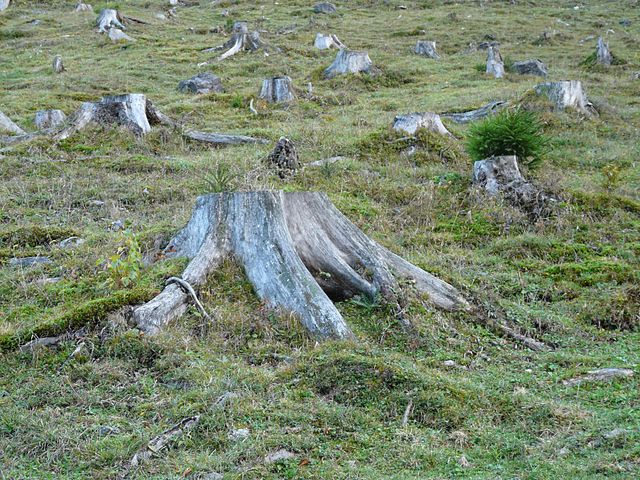The European Commission aims to delay the implementation of the new EU Deforestation Regulation (EUDR) by a year, postponing it to the end of 2025. Smaller companies would have until mid-2026 to comply.
The delay responds to requests from Member States and trade partners for more time to adapt to the EUDR.
The regulation, set to take effect at the end of this year, bans the import of products from land deforested since early 2021. Affected products include palm oil, beef, timber, coffee, cocoa, rubber, soy, and several derivatives such as chocolate, furniture, print paper, and palm oil by-products. Importers must ensure these products are traceable.
Major trading partners requested the delay
In recent weeks, countries like Germany and key trade partners such as the United States and Brazil have urgently requested more time. The Commission now proposes implementing the regulation from 30 December 2025 for large companies, and from 30 June 2026 for smaller ones.
The delay still requires approval from the Member States and the European Parliament.
“With this step, the Commission aims to provide certainty about the way forward and to ensure the success of the EUDR, which is paramount to address the EU’s contribution to the pressing global issue of deforestation,” the Commission indicated in a statement on Wednesday.
“The extension proposal in no way puts into question the objectives or the substance of the law, as agreed by the EU co-legislators,” it added.
Fines could reach up to 4% of annual turnover
On Wednesday, the Commission also released additional advice and clarifications for companies and authorities regarding traceability obligations and potential fines, which could reach up to 4% of annual European turnover. Companies can start complying with due diligence requirements from December this year when the IT system becomes operational.
Additionally, the Commission provided more insight into the risk categories. Most countries will be classified as “low risk,” allowing efforts to focus on areas with the most severe deforestation issues. There will also be a new strategic cooperation framework with trade partners for law enforcement.
The proposal to delay has sparked mixed reactions in the European Parliament.
Peter Liese of the Christian Democratic and conservative EPP warned that implementing the law this year would cause “irresponsible chaos.”
'Bad news for the climate' - Vooruit
He argued that the conditions for enforcement are unclear and that small farmers in third countries require much more support. Medium-sized coffee roasters importing fair-trade organic coffee have also voiced concerns that only large companies can quickly implement these rules.
Conversely, some argue that the Commission took too long to issue guidelines on enforcement.
Kathleen Van Brempt (Vooruit) stated on X that this “bad news for the climate” undermines “the position and legal certainty of our businesses.” She warned that a “delay must not lead to weakening or hollowing out” the law.
A 'direct attack on the Green Deal' - Groen
Sarah Matthieu (Groen) called it “a direct attack on the Green Deal” and criticised the Commission’s delay in issuing guidelines. “Delay is not cancellation,” Matthieu reacted on X.
She urged conservative factions that initially supported the law to remember the importance of forests in combating climate change and preserving biodiversity.
The regulation was widely approved last spring by Member States and the European Parliament. No Member State voted against it, although Poland, Sweden, Finland, Bulgaria, and Latvia abstained.
In the European Parliament, a majority of 552 voted in favour, with 44 against and 43 abstentions.

